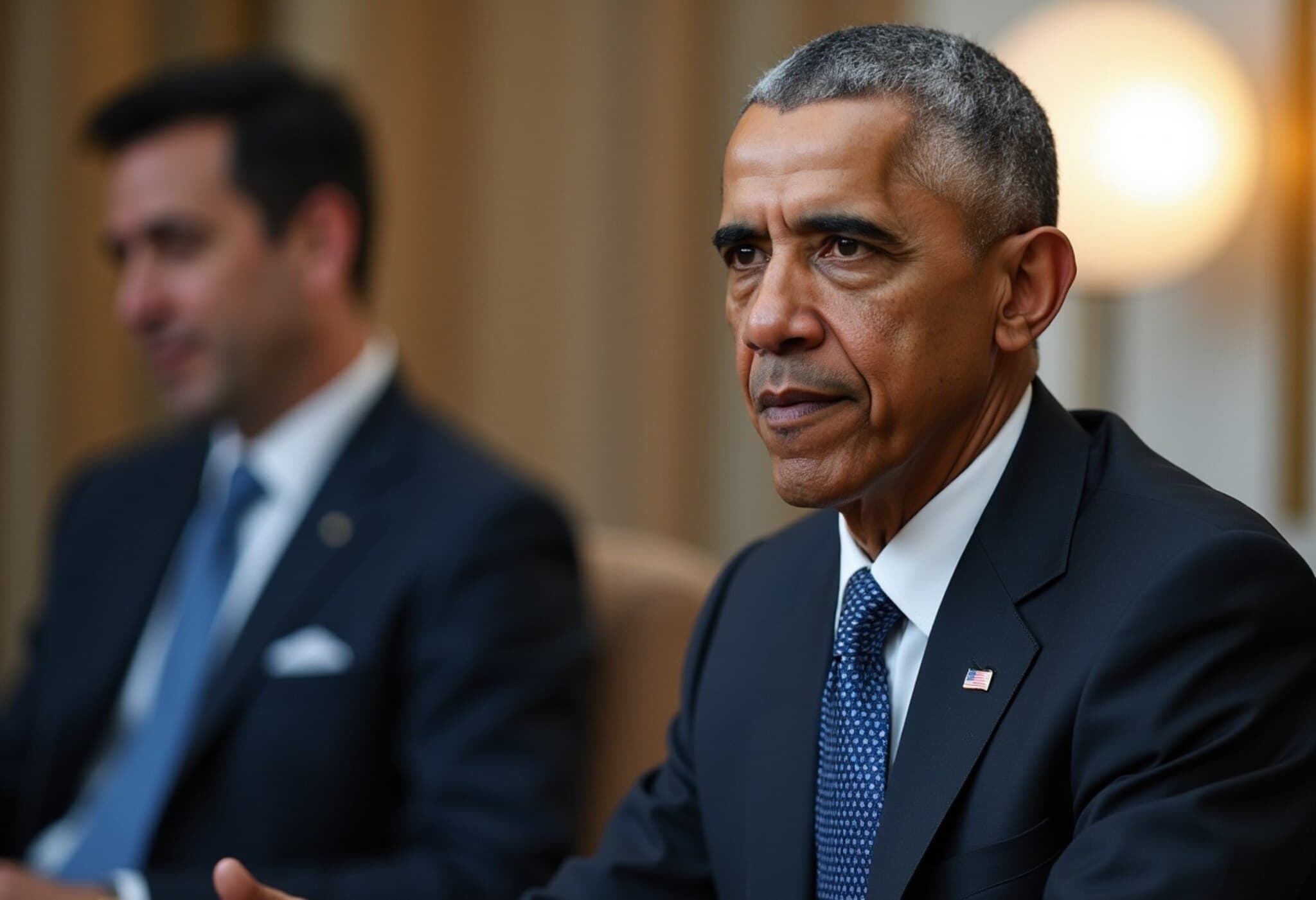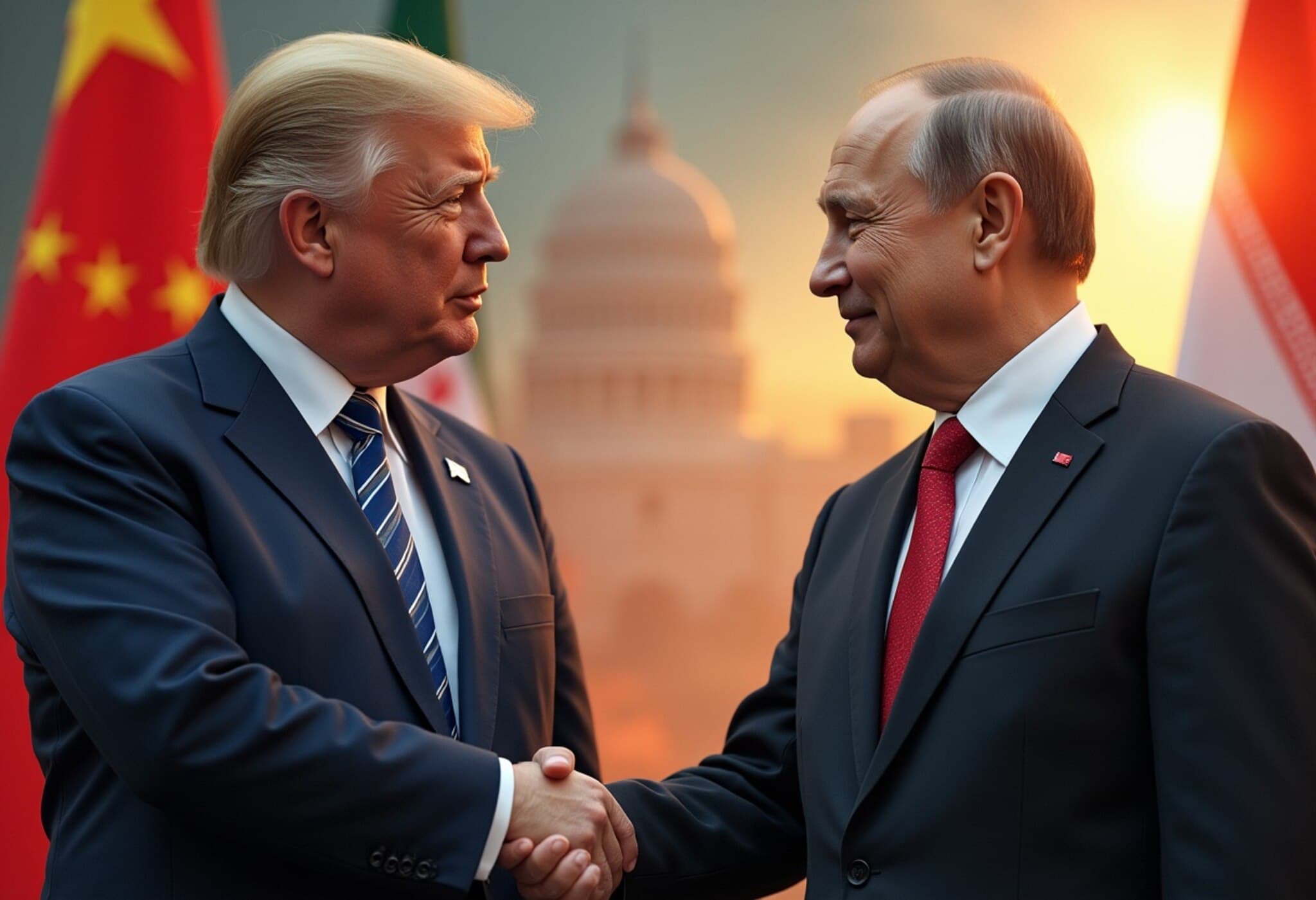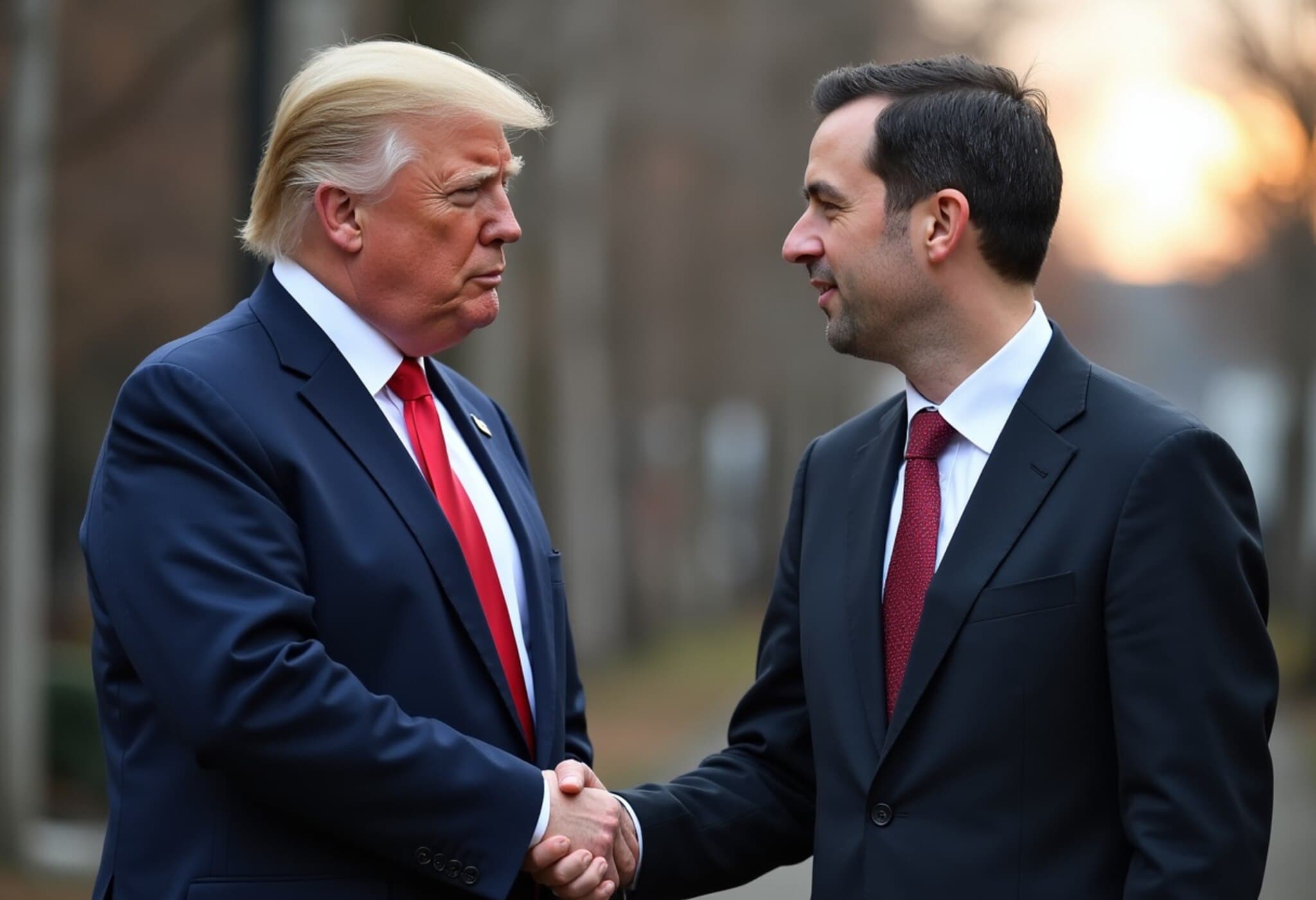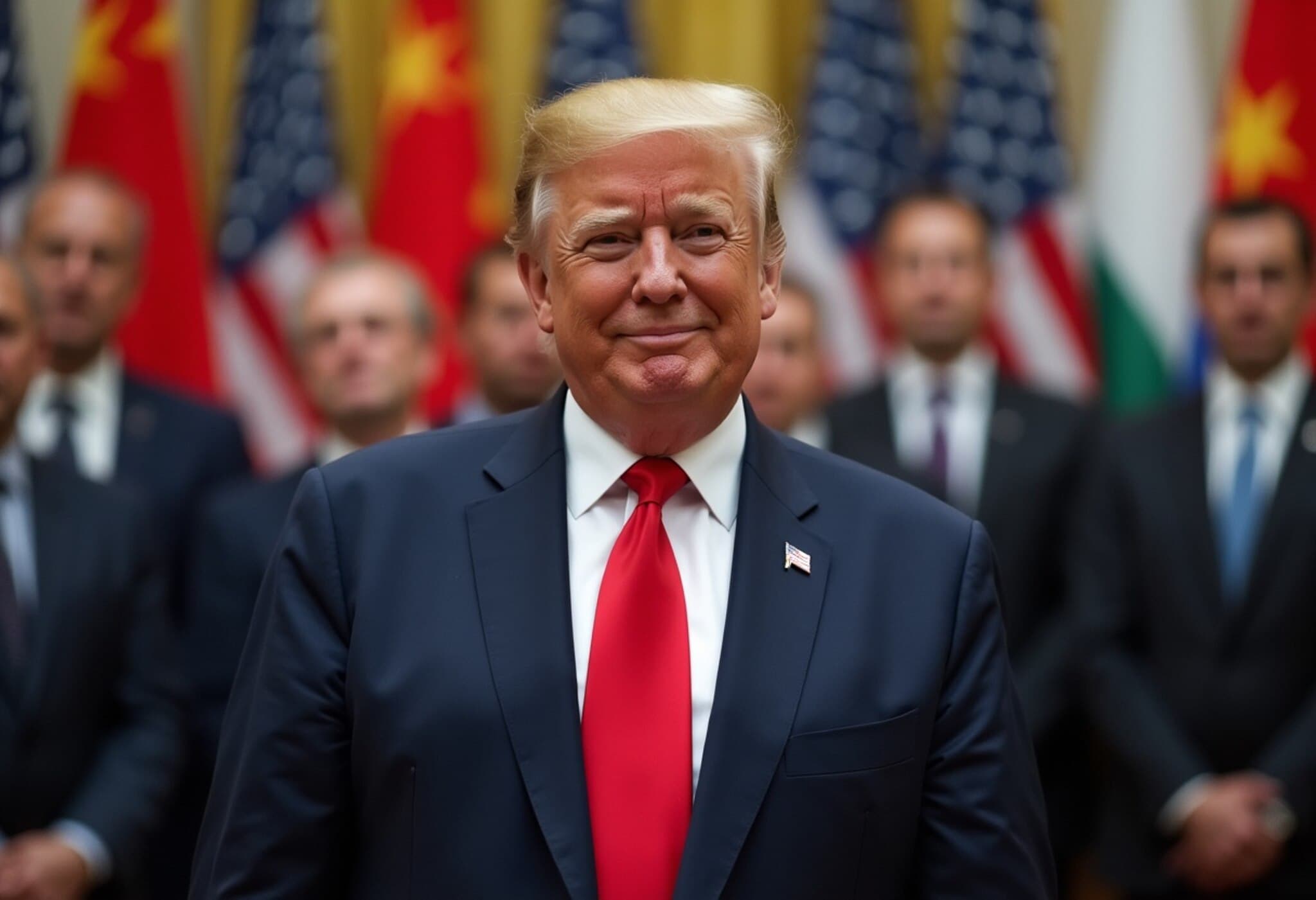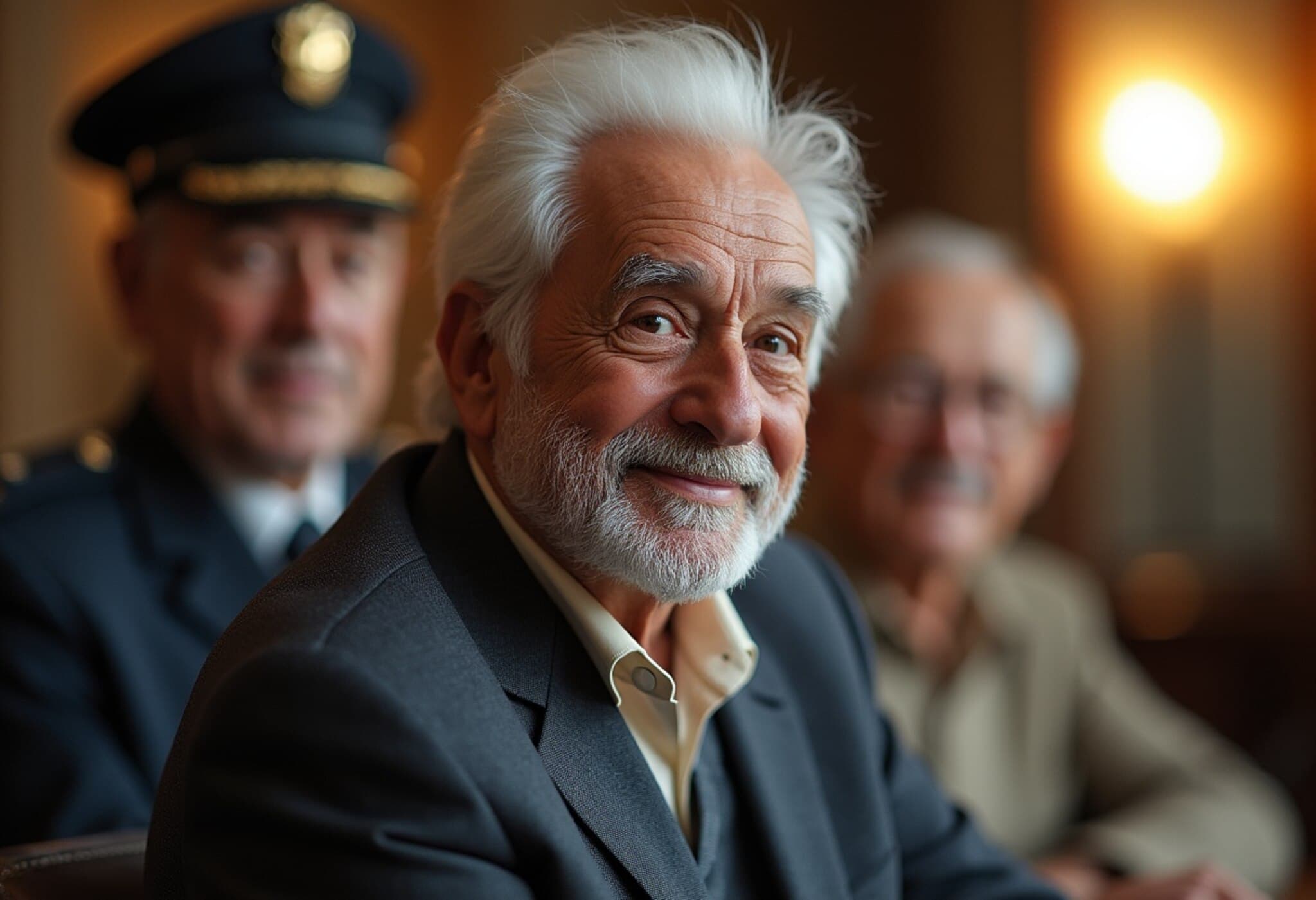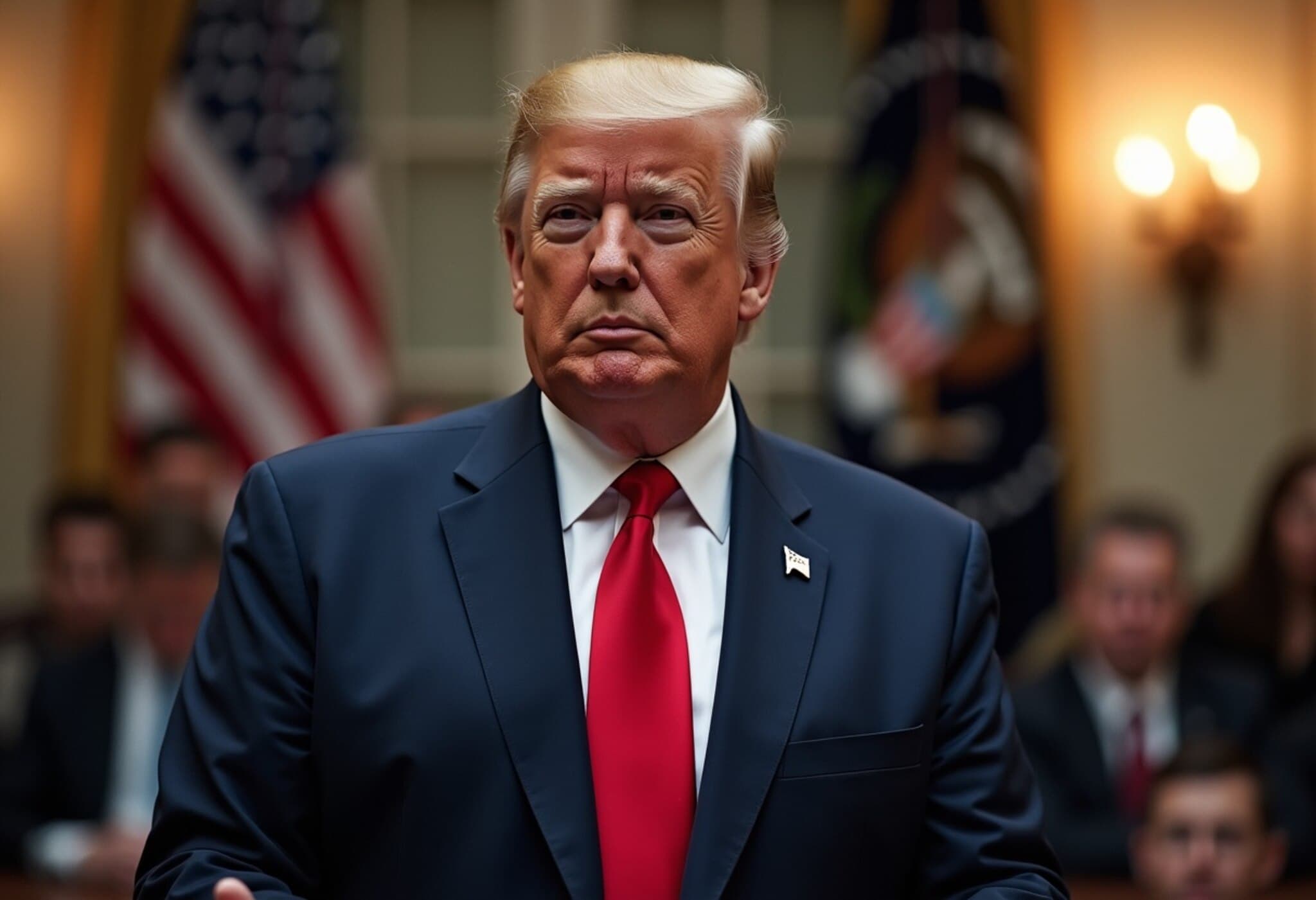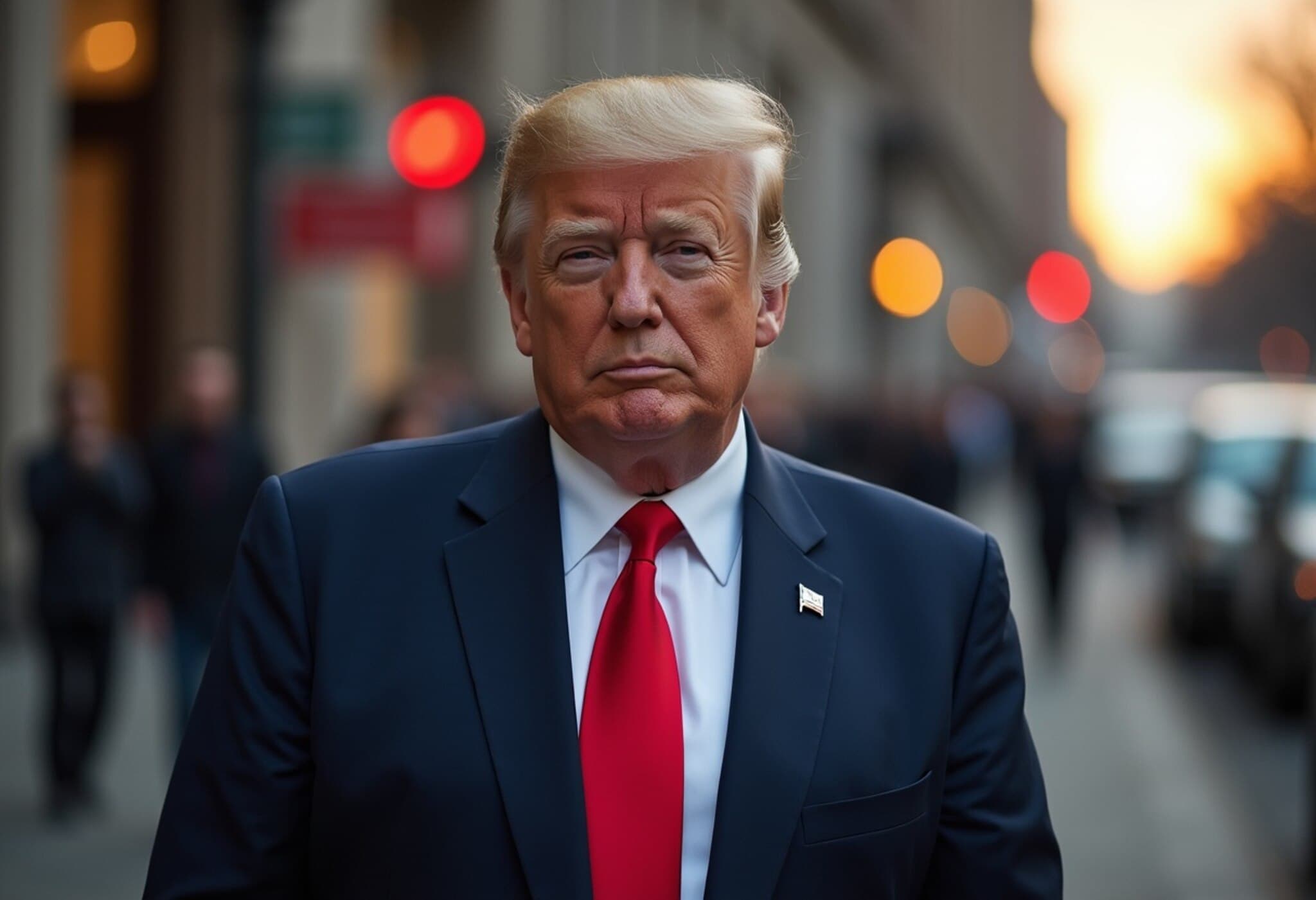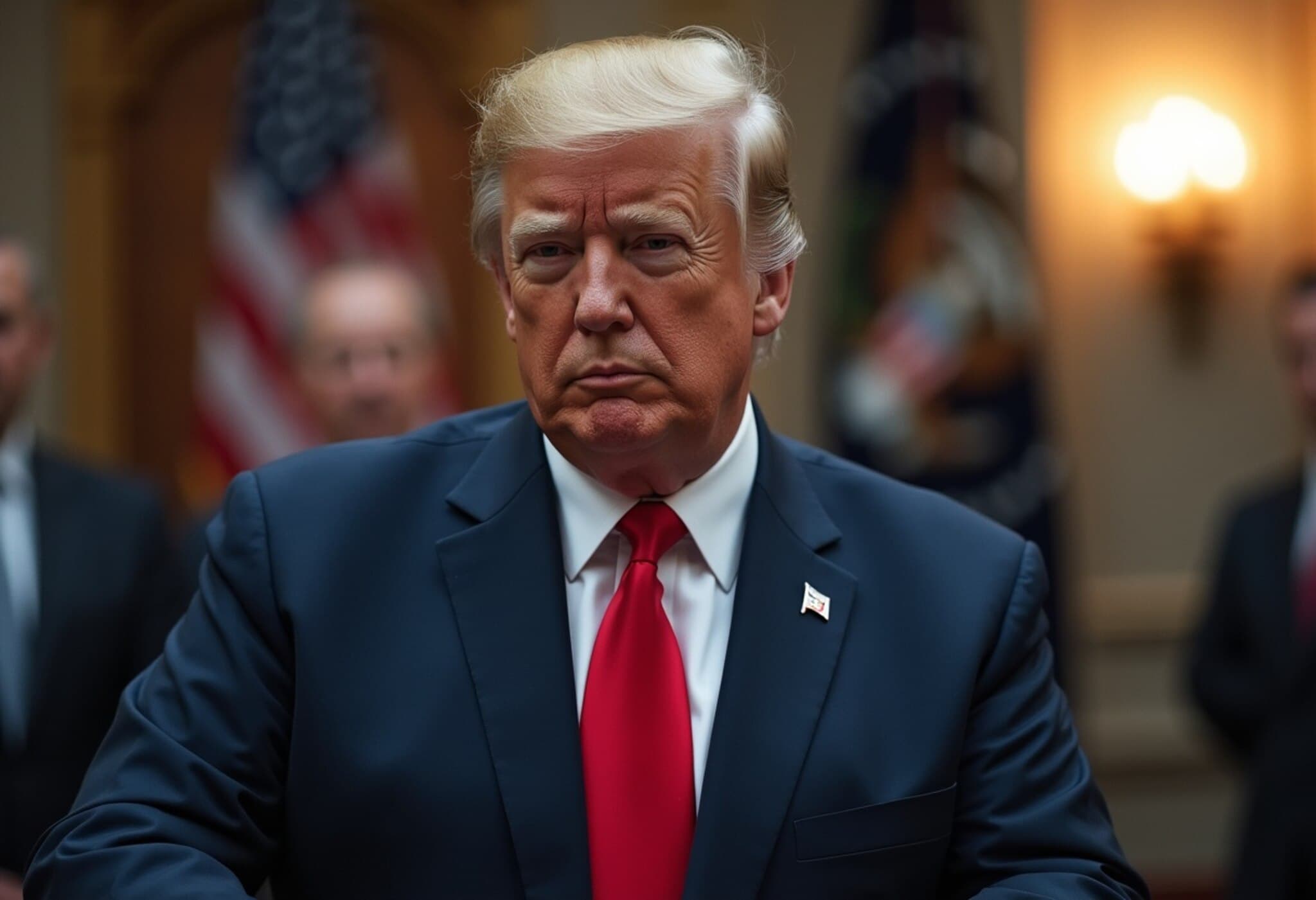When the Spotlight Fades: The Career Moves of Former Global Leaders
Rishi Sunak’s recent transition from the UK's premiership to a senior advisory role at Goldman Sachs has reignited a global conversation about the paths leaders take after concluding their political journeys. Stepping away from public office does not necessarily mean retreating into quiet retirement — for many, it signals a new chapter of influence, innovation, or public engagement beyond the ballot box. But these transitions also raise pivotal questions about ethics, transparency, and legacy in the post-political world.
Breaking the Mold: Sunak and the Tradition of Political Careers
In countries like India, politics often runs in families, where public service may seem more about heritage than personal reinvention. By contrast, Rishi Sunak’s return to the private sector underscores an alternative narrative: leaders continuing to contribute in new arenas rather than relying solely on the gravitas of former office. His move to Goldman Sachs is more than a simple career shift—it symbolically challenges the notion that political power is the pinnacle of influence, suggesting that honorable public service can be followed by diverse, impactful engagements.
The Double-Edged Sword: Opportunities and Controversies Post Office
Yet, the journey beyond politics is fraught with potential pitfalls. David Cameron’s lobbying efforts on behalf of Greensill Capital illustrate the ethical tightrope former officials walk when their private interests intersect with public policy. While Cameron maintained he acted within legal boundaries, the fallout became a cautionary tale on why clear rules and transparency are imperative when ex-leaders navigate the business realm.
Trailblazers Redefining Life After Leadership
Barack Obama: Crafting Legacy Through Storytelling and Civic Vision
After his presidency, Barack Obama eschewed traditional political comeback routes. Instead, he and Michelle Obama co-founded Higher Ground Productions, harnessing media to foster empathy and shared understanding globally. Their multiyear Netflix deal produced critically acclaimed works like the Academy Award-winning “American Factory,” demonstrating how storytelling can shape social consciousness.
Parallel to media pursuits, their commitment to the Obama Foundation signifies purposeful civic engagement—championing leadership and empowerment initiatives while cultivating spaces like the Obama Presidential Center. This multifaceted approach reframes a former president’s role in the 21st century as both an influencer and catalyst for social change without direct political power.
Angela Merkel: From Chancellor to Thought Leader
Angela Merkel’s post-Chancellorship journey veered away from corporate or consulting roles common to many of her peers. Instead, she gravitated toward intellectual leadership by lecturing on geopolitics and publishing her memoirs. This retreat to academia marks a refreshing embrace of reflection and knowledge dissemination over financial pursuits, highlighting an alternative form of influence grounded in ideas rather than networks.
David Cameron: Lessons on Lobbying and Integrity
Cameron’s involvement with Greensill Capital illuminated the complex ethical terrain for ex-politicians engaging with business interests tied to government. The controversy provoked parliamentary scrutiny and public debate around lobbying norms, underscoring the delicate balance between leveraging experience and preserving public trust. It serves as a powerful reminder that the line between leveraging one’s network and abusing insider access is razor-thin.
Al Gore: Championing Climate Change Through Innovation
Vice President Al Gore transformed his political capital into a global environmental crusade, marrying advocacy with entrepreneurship. Co-founding Generation Investment Management spotlighted sustainable investing before it became widely mainstream. His Oscar-winning documentary, An Inconvenient Truth, and 2007 Nobel Peace Prize helped cement his role as a leading voice on climate action, illustrating how former politicians can pivot effectively into new arenas of influence.
Emerging Patterns and Underreported Stories
- Shift to Thought Leadership: Figures like Matteo Renzi and Angela Merkel show a growing inclination towards intellectual and policy discourse post-office, influencing public life through ideas rather than direct power.
- Technology Sector Engagement: Nick Clegg’s move to Meta demonstrates how digital platforms are becoming new frontiers for political operatives, raising questions on policy, privacy, and power in a tech-driven age.
- Continued Public Service Outside Politics: Julia Gillard and Barack Obama exemplify leaders anchoring their post-political chapters within global education and civic mentorship, signaling new models for lasting impact.
- Ethical Watchdogs Needed: Cases like David Cameron’s pressure the international community to adopt clearer ethical guidelines for post-office roles, ensuring public interest remains paramount.
In Perspective: What Post-Political Careers Tell Us About Leadership and Ethics
The varied trajectories—from the boardrooms of finance to the studios of Hollywood, from university lecture halls to environmental advocacy—highlight that the end of an official term opens myriad doors, but also requires navigating complex ethical landscapes. For American audiences, this discourse resonates strongly amid ongoing debates on lobbying reforms, corporate influence in politics, and the role of former officials as both statesmen and private citizens. It invites us to consider not only how leaders build legacies in office but how they responsibly wield influence afterward.
Looking Ahead: Balancing Influence, Integrity, and Public Trust
As public scrutiny intensifies worldwide, transparency mechanisms and ethical standards will be essential to preserve democratic trust. Former leaders occupy a unique crossroads where experience meets opportunity and ambition confronts accountability. Their choices shape not only their personal legacies but also the broader health of governance and civic life.
Editor’s Note
Former heads of state and government embody a powerful paradox: untethered from official responsibilities yet unmatched in influence. Their post-office careers reveal evolving norms about leadership, public service, and private ambition. As citizens and observers, reflecting on these transitions deepens our understanding of political accountability beyond tenure and challenges us to advocate for policies that uphold transparency without stifling valuable contributions. In a world hungry for trustworthy leadership, the paths these figures carve after office can inspire or caution. Which they become depends on a complex interplay of ethics, ambition, and public expectation.

